Seven University of Iowa faculty members have been named fellows of the American Association for the Advancement of Science (AAAS), the world’s largest general-scientific society and publisher of the journal Science. Election as an AAAS fellow is an honor bestowed upon AAAS members by their peers.
Iowa’s recipients include three faculty from the Department of Psychological and Brain Sciences. The others come from the departments of Chemistry, Civil and Environmental Engineering, Pharmaceutical Sciences, and Statistics and Actuarial Science.
The 2021 class of AAAS Fellows includes 564 scientists, engineers, and innovators spanning 24 scientific disciplines who are being recognized for their scientifically and socially distinguished achievements. The honorees will be celebrated later this year during an in-person gathering when it is feasible from a public health and safety perspective.
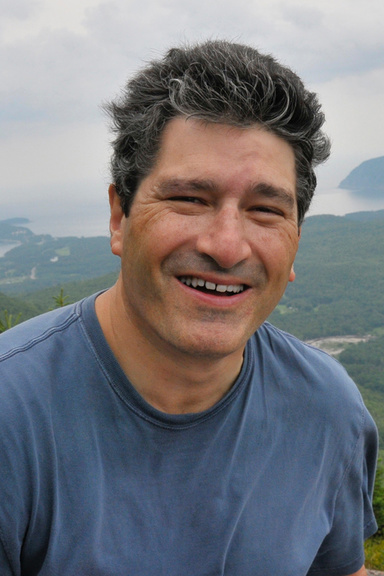
Mark Blumberg, F. Wendell Miller Professor and chair in the Department of Psychological and Brain Sciences, was selected “for seminal contributions to the field of behavioral neuroscience, particularly to our understanding of the behavioral, neurophysiological, and functional characteristics of sleep across early development.”
Blumberg’s focuses on sleep: its development, neural control, and functional significance. His lab uses behavioral, neurophysiological, neuroanatomical, and genetic approaches to help understand why humans sleep more when young and what can go wrong when there is less sleep.
Renee Cole, professor in the Department of Chemistry, was selected “for advancing the discipline of chemistry through research on the design of instructional materials and teaching strategies and propagation of evidenced-based practice.”
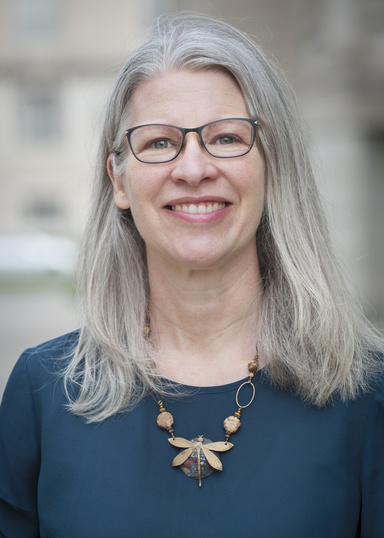
Cole’s research focuses on issues related to how students learn chemistry and how those results can be used to transform the design of instructional materials and teaching strategies to improve student learning. She is an internationally and nationally known leader in initiatives to effectively translate discipline-based research to the practice of teaching, thus increasing the impact of this research and improving undergraduate STEM education. Her work has led to insights in understanding how to effectively design and facilitate active learning in STEM classrooms, as well as identifying effective strategies for faculty development to assist instructors in implementing these materials and techniques.
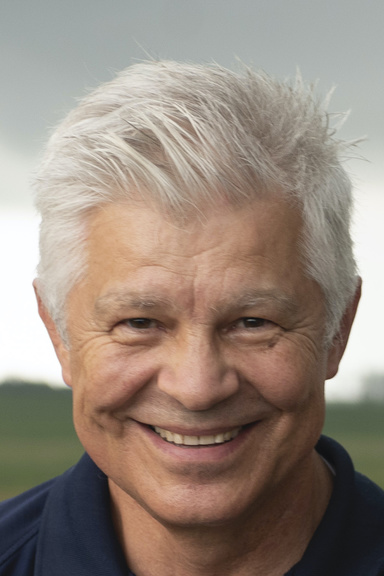
Witold Krajewski, professor in the Department of Civil and Environmental Engineering and director of the Iowa Flood Center was selected “for major scientific advances in hydrometeorology, flood prediction, and water resources.”
Krajewski’s research spans hydrometeorological processes of rainfall, soil moisture, and flooding. His work has advanced weather radar and satellite remote sensing of rainfall. His work on floods has advanced real-time stream flow forecasting combining rainfall-runoff models and field observations. His studies of the spatial organization of floods in river networks have major implications for estimating future flood frequencies.
Susan Lutgendorf, professor in the Department of Psychological and Brain Sciences, was selected “for distinguished contributions to the field of behavioral science of cancer.”
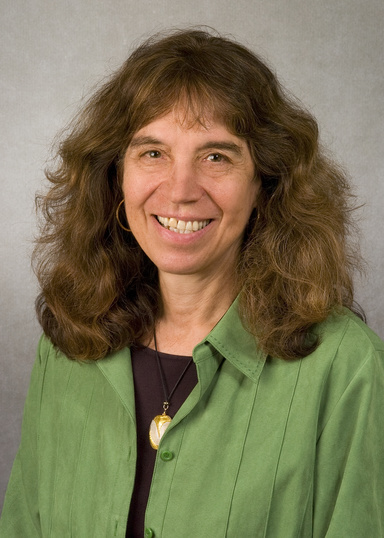
Lutgendorf’s research focuses on how biobehavioral risk factors such as social isolation and distress affect tumor progression in cancer, with a focus on ovarian cancer. Her lab has shown how stress response, particularly the sympathetic nervous system, is directly linked with tumor progression as well as with impairments in the immune response in and around the tumor. This work has helped shape a new understanding how the central nervous system and behavioral factors can affect cancer’s progression. The public health significance of this work is that it paves the way for new therapeutic approaches and potential cancer treatments.
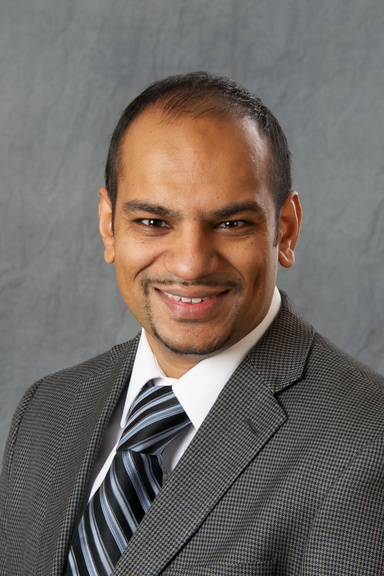
Aliasger Salem, Bighley Chair of Pharmaceutical Sciences and professor in the Department of Pharmaceutical Sciences and Experimental Therapeutics in the College of Pharmacy, was selected “for distinguished contributions to the field of regenerative medicine, novel drug and gene delivery systems, and on the development of vaccines that stimulate potent antigen-specific immune responses.”
Salem’s research is focused on using advanced drug and gene-delivery strategies to improve therapeutic activity and reduce adverse side effects. His research focuses on developing drug-loaded nanoparticles that target cancer cells. His group also develops biomaterials that are used for regrowing tissues and organs.
Luke Tierney, Ralph E. Wareham Professor of Mathematical Sciences in the Department of Statistics and Actuarial Science, was selected “for groundbreaking contributions to theory and methods in support of Bayesian statistics and for foundational and sustained developments in statistical computing.”
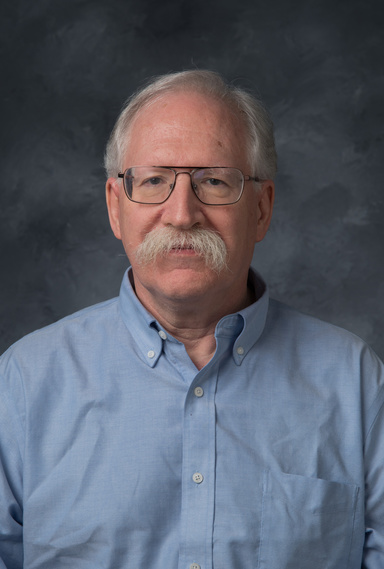
Tierney’s research focuses on two aspects of computational methods and tools to support statistical analysis. The first area involves developing computational methods, based on approximations and simulation methods, for carrying out a method of statistical inference called Bayesian data analysis. The second involves designing, developing, and maintaining computing environments for statistics and data science. After working with a computer-programming language called LISP, Tierney joined a team working on developing a programming language called “R,” which is widely used in the fields of statistics and data science as well as in many areas of application.
Edward Wasserman, Stuit Professor of Experimental Psychology in the Department of Psychological and Brain Sciences, was selected for “distinguished contributions to the field of learning and cognition, particularly for analytic experiments that reveal the commonality and differences in cognitive capacities of human and non-human species.”

Wasserman’s research focuses on a critical question in behavioral science: namely, do we envision there to be cognitive continuity between humans and animals or do we believe that humans possess uniquely different and far more advanced cognitive mechanisms for adapting to the demands of survival than do animals? He has studied the behavior of eight different species (chickens, pigeons, parrots, crows, rats, baboons, bonobos, and humans) using a variety of proven and innovative tasks. Overall, animals have ably solved extremely challenging tasks that most theorists would have suspected to have been beyond their cognitive capacity. Nevertheless, animals can achieve similar task performance by deploying different and possibly more basic cognitive mechanisms.